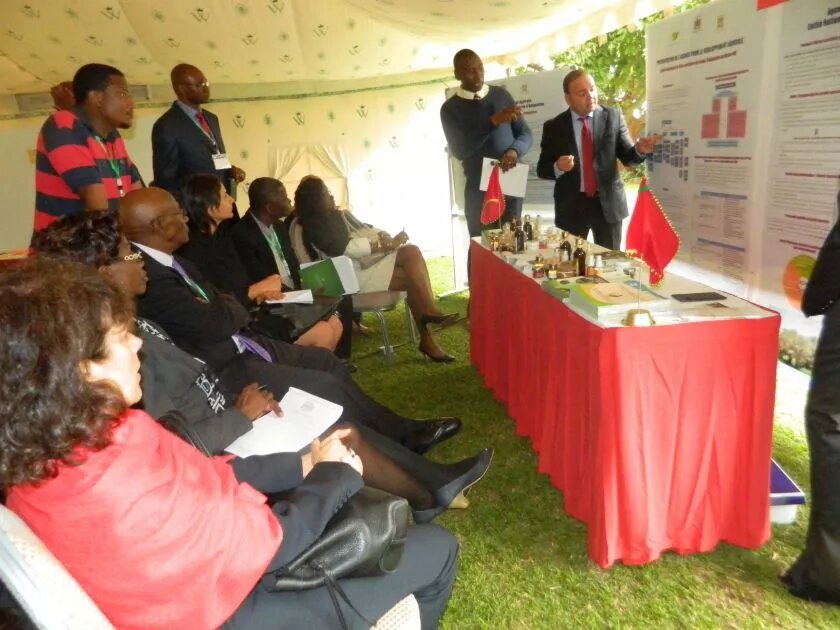
Countries in Africa are at different stages of accessing climate finance and specifically the Adaptation Fund. There has been a need therefore, for peer to peer learning amongst countries in Africa; need to identify some of the challenges that hinder direct access; a better understanding of readiness approaches and charting a common perspective on the route that National Implementing Entities (NIEs) should follow in relation to the Green Climate Fund (GCF).
In order to enhance confidence and capacity for direct access to climate finance, Heinrich Böll Stiftung (HBS) in partnership with National Environment Management Authority (NEMA) of Kenya, Climate Development Knowledge Network (CDKN), and Adaptation Fund (AF) brought together National Implementing Entities (NIEs) (accredited and those seeking accreditation); Regional Implementing Entities (RIEs), and Multilateral Implementing Entities (MIEs) from Africa in the first of its kind peer to peer learning, open dialogue and sharing of knowledge and lessons workshop between 1st – 4th July 2014.
The workshop gathered NIE, MIE, RIE and domestic fund representatives from eleven African countries (Benin, Ethiopia, Kenya, Morocco, Mozambique, Rwanda, Senegal, South Africa, Tanzania, Togo, Tunisia) as well as practitioners and experts.
The interactive workshop concept, based on elements that allowed a high degree of participation, enabled open and informed discussions as well as a valuable exchange of experiences.
Countries represented felt experience in project development, management and implementation is critical for accessing international funds, hence its important to have dedicated staff with a diversity of backgrounds. The need to build additional capacity for integration of local knowledge into project components as well as national plans was also emphasized.
Beyond the cognition of the fact that vulnerable groups and gender considerations should be at the centre of any meaningful consultation while seeking accreditation or implementing projects, it was also shared that it is important to consult NGOs, CBOs, academia and private sector.
Engagement of national departments, aligning adaptation projects with national priorities, and unlocking domestic support that build existing initiatives was seen as of paramount importance.
Some of the key messages coming from the workshop were:-
- Direct access is happening more in Africa than elsewhere;
- From an administrative perspective it is cheaper to go through NIEs than MIEs. Moreover, it takes less time for NIEs than for MIEs to kick-start projects;
- There are challenges in relation to the transition from NIE's institutional strengthening to project implementation;
- Regional peer-to-peer learning is valuable and provides the possibility of knowledge sharing;
- The idea of a network to continue a learning process which provides for the possibility to share and transfer lessons is generally found necessary;
- There is a general acceptance that readiness support is needed;
- Direct access is a process to start integrating climate change into development questions;
- Countries start thinking about establishing domestic funds that can consolidate climate finance at national level;
- There is a gap that domestic funds can usefully fill: to give countries experience that they need before engaging with AF (development of projects etc.);
- There is political uncertainty about the future of the AF, and more predictability of funding is needed for countries to invest in the process. Early investment into direct access capacities under the AF should also be rewarded in the GCF accreditation process.
Faced with a bag of challenges during accreditation and implementation stages, the NIEs felt AF and development partner would play a critical role in capacity building to address some of the challenges in procurement, coordination issues, political interferences, low understanding and of fiduciary standards, and human resource constraints especially in management of projects.
See workshop report attached





